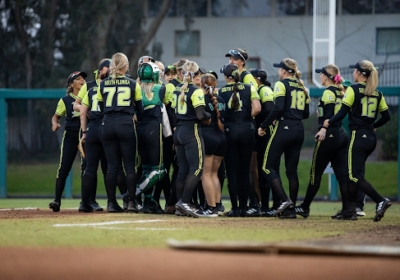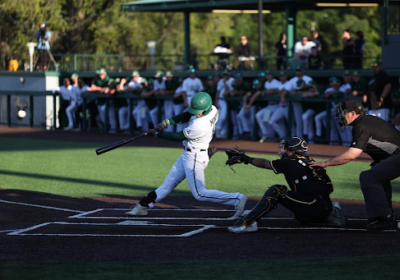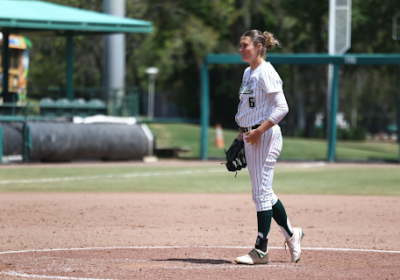USMNT falls to Trinidad, misses 2018 World Cup

U.S. was 14-4-3 against Trinidad and Tobago entering Wednesday’s match SPECIAL TO THE ORACLE
In 1989, the U.S. clinched its first World Cup bid in over four decades after the “shot heard round the world” gave it a one-goal win in the Republic of Trinidad and Tobago.
Twenty-eight years later, in the same country, it was a shot from Trinidad and Tobago’s Alvin Jones who dipped past U.S. goalkeeper Tim Howard on Tuesday night that shocked the world and gave the Soca Warriors a 2-0 lead in the game’s 37th minute.
Fifty-three minutes of soccer later, the final whistle blew from Ato Boldon Stadium with Trinidad and Tobago winning, 2-1, and the U.S. on the brink of missing the 2018 World Cup in Russia.
Then, wins by Panama over Costa Rica and Honduras over Mexico later in the night dropped the U.S. from third place to fifth in The Hex — the name of the final six-country qualifying group for Central and North America — officially eliminating the U.S. from qualifying.
“Wow, Gutted!!!!,” tweeted former USF forward and current U.S. national team player Dom Dwyer after the loss.
Dwyer wasn’t on the roster for the loss to Trinidad and Tobago, but he played and scored three goals in two appearances for the U.S. in the Gold Cup last summer.
On the starting roster for Trinidad and Tobago, however, was former Bull Leston Paul.
Paul, who played with Dwyer on USF’s 2011 team that made it into the NCAA tournament’s Elite-Eight, started at midfield and played the games full 90 minutes.
“Entering to the game I honestly thought we would have the better of them because of the conditions that the game was played in,” Paul said in a Facebook message to The Oracle. “The field is not the best and if you’re not accustomed to it, it can be difficult to play on.
“I think the (USA) was a little bit complacent because it is Trinidad and Tobago and we were already out (from qualifying). Football is a funny game.”
Trinidad and Tobago, which was eliminated mathematically from qualifying for the World Cup months ago, sat at the bottom of The Hex with only three points prior to the match.
The loss, which was the American’s fourth of the ten-game qualifying process, kept the U.S. out of its fifth major tournament in the past seven years. This includes the 2018 World Cup, 2016 Olympics, 2013 U-17 World Cup, 2012 Olympics and the 2011 U-20 World Cup.
“The win was devastating for American soccer because of its dominance in CONCACAF over the years and also the amount of money spent on soccer,” Paul said. “But I think with time things would change. The win meant a lot to my country because it was against a good USA team and also a team with great expectations from their fans.”
Despite the failures throughout the unsuccessful qualifying campaign, U.S. coach Bruce Arena said he sees no need for changes.
“There’s nothing wrong with what we’re doing,” Arena said after the loss. “Certainly, as our league grows, it advances the national team program. We have some good young players coming up. Nothing has to change. To make any kind of crazy changes I think would be foolish.”
With the World Cup out of the picture, the next competitive soccer game for the U.S. is over 600 days away in the biennial Gold Cup.
The next World Cup qualifier is even farther, with the “qualification draws”, which decides who-plays-who, not happening until July 2019.
Financially, not playing in the World Cup will cost U.S. Soccer and its sponsors more than $250 million in lost endorsements and prize money, according to the Los Angeles Times.
The growth of soccer in the U.S., which has 11.9 million players that’s second only to basketball and baseball among team sports, had been steadily increasing every four years after a World Cup. With no Americans playing in Russia, the spike in participation that follows the World Cup every four years is sure to be absent in 2018, or at the least, less-than-usual.
“It’s a blow against the team, for us, for the country, for the sport in the country,” U.S. forward Jozy Altidore said. “We have to respond.”
For Trinidad and Tobago, the parties have come to a close, but the social media firestorm hasn’t.
“I won’t say the country is in party mode, but social media was blowing up with the result,” Paul said. “My favorite moment was the win… That’s about it, hearing the final whistle and seeing the joy on my teammates face after working their hearts out.”






